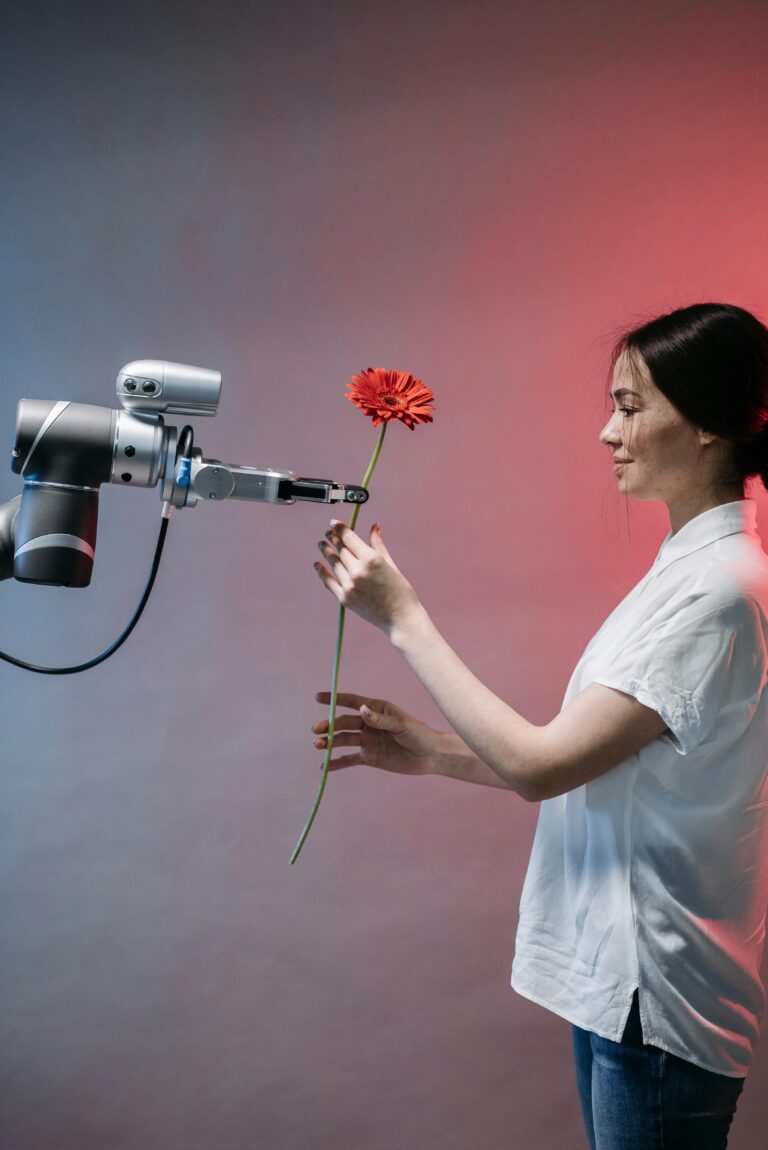Mental Health in the Age of Social Media: Staying Connected Without Losing Yourself
In just over a decade, social media has transformed how we communicate, work, and even view ourselves. Platforms like Instagram, TikTok, Twitter, and Facebook have become digital gathering spaces for billions of people. While these apps can offer support, inspiration, and a sense of community, they also come with a downside that many people are now facing head-on: the toll on our mental health.
As we scroll through perfectly curated photos, viral videos, and endless updates, it’s easy to feel overwhelmed, inadequate, or even anxious. If you’ve ever logged off feeling worse than when you logged on, you’re not alone—and it’s time we talk about it.
The Double-Edged Sword of Connectivity
Social media can be an amazing tool. It helps people stay in touch with loved ones, discover new interests, and raise awareness about important topics like mental health. But this constant stream of information, images, and opinions can also lead to comparison, overstimulation, and emotional exhaustion.
The problem isn’t just what we see—but how often we see it. The average person spends around 2.5 hours per day on social media. That’s enough time for it to seriously influence how we think, feel, and view ourselves.
The Comparison Trap
One of the most common mental health struggles tied to social media is comparison. We see someone’s vacation, new job, perfect relationship, or flawless appearance, and it’s hard not to measure our own lives against theirs. But what we’re comparing ourselves to isn’t reality—it’s a highlight reel.
People tend to share their best moments, not the messy or mundane. That photo of someone lounging by the pool doesn’t show the stress they had getting there or the challenges behind the scenes. But our brains don’t always separate fact from fiction, and that can lead to feelings of low self-worth or anxiety.
Doomscrolling and Anxiety
Another issue is “doomscrolling”—endlessly scrolling through negative news, commentary, or content. While staying informed is important, too much exposure to distressing information can heighten feelings of anxiety, helplessness, or even depression.
The speed and volume of content on social media also train our brains to constantly crave stimulation, making it hard to focus, relax, or sleep. And when notifications keep buzzing, it becomes difficult to truly unplug or be present in our offline lives.
Signs Social Media Might Be Affecting You
Wondering if social media is taking a toll on your mental health? Here are a few red flags:
- You feel anxious or low after scrolling
- You constantly compare yourself to others online
- You check apps first thing in the morning or before bed
- You find it hard to stop checking your phone
- You feel isolated, even while being “connected”
If any of these sound familiar, it might be time for a reset.
Taking Back Control
You don’t have to quit social media to protect your mental health—but being mindful of how you use it is key. Here are some strategies that can help:
Set time limits: Use screen time trackers to monitor how long you spend on apps and set daily caps.
Curate your feed: Unfollow or mute accounts that make you feel anxious or inadequate. Follow people who inspire, educate, or uplift you.
Take breaks: Try going offline for a day or even just a few hours each week. Use that time to reconnect with yourself, get outdoors, or be with loved ones.
Check your mood: Ask yourself how you feel after being on social media. If it’s negative, explore why—and adjust accordingly.
Prioritize real-life connections: Nothing replaces a face-to-face conversation or phone call with someone who cares.
Social media isn’t going away anytime soon. And in many ways, it’s a powerful tool that can bring people together and spark important conversations—including about mental health. But to use it well, we have to stay aware of how it’s affecting us.
Your mental health is more important than likes, follows, or staying constantly updated. Protect it, nurture it, and don’t be afraid to log off in order to check in—with yourself.







